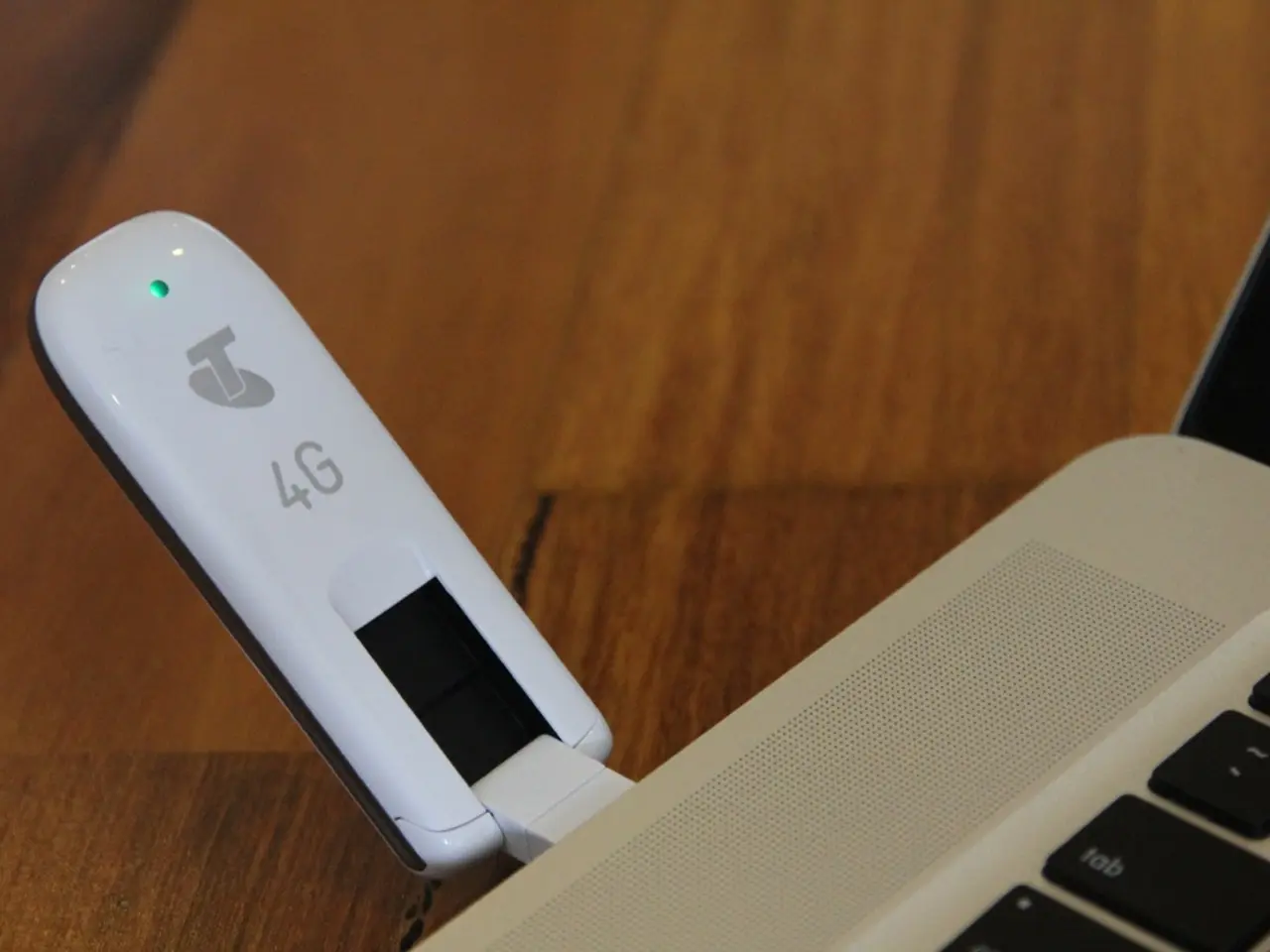USB-C connector's impact on technological advancement: Is it hindering progress?
The European Union has introduced a regulation aimed at reducing electronic waste by mandating the use of a common charging port for small electronic devices. The regulation, passed in 2022, requires all new devices entering the European market by December 28, 2024, to have a USB-C charging port. However, the mandate has sparked debates about its potential impact on innovation in the tech industry.
The USB-C connector is compatible with all versions of USB, from USB 1.0 onward, and is expected to remain compatible with future standards for some time. However, the mandate does not address the issue of cable compatibility across various standards and protocols, such as Thunderbolt or USB 3 and USB 4, which can affect data transfer speeds.
The legislation includes a list of devices such as mobile phones, tablets, cameras, headphones, gaming consoles, speakers, e-readers, keyboards, mice, and portable navigation systems. Laptops are excluded from the legislation until April 28, 2026.
The mandate does not inhibit manufacturers from adding their own standards if they also support Power Delivery. This means that manufacturers can continue to innovate in charging technologies, but they must ensure their USB-C products conform to strict specifications under the EU Common Charger Directive. This condition may add compliance complexity and costs, potentially impacting the pace and direction of innovation in charger design and device engineering.
Certain tech giants have criticised the legislation for forcing them to abandon their proprietary connectors. Some companies, like Apple, have complied with the EU mandate by adopting USB-C on their devices but have also expressed concerns about the potential impact on innovation. Apple is reportedly considering removing the USB-C port entirely for the iPhone 17 Air, moving towards fully wireless charging via enhanced MagSafe technology compatible with the Qi2 standard.
The European legislation does not have a global impact, allowing innovation to continue worldwide. However, the mandate could be seen as encouraging innovation in wireless charging but also possibly limiting the traditional innovation path tied to physical charging ports. The strategy may have a slight impact on innovation in Europe, but it is unlikely to have significant effects soon.
In summary, while the EU USB-C mandate aims to reduce electronic waste and unify charging standards, it also appears to influence tech companies’ innovation strategies. The mandate could be seen as constraining innovation in traditional charging port technologies or imposing stricter design rules, thereby impacting innovation pathways in the tech industry. However, it could also encourage innovation in wireless charging technologies. As the deadline for the legislation approaches, it will be interesting to see how companies adapt and how the tech landscape evolves.
[1] European Commission
[2] The Verge
[3] TechCrunch
[4] The Guardian
[5] Wired
- The mandate, requiring all new devices to adopt USB-C by 2024, could lead to a shift in innovation from physical charging ports to wireless charging technologies, as some tech companies, like Apple, are considering this option.
- Despite the EU Common Charger Directive imposing stricter specifications on USB-C chargers, it may still allow companies to innovate in charging technologies, provided they also support Power Delivery and conform to the directive's rules.




